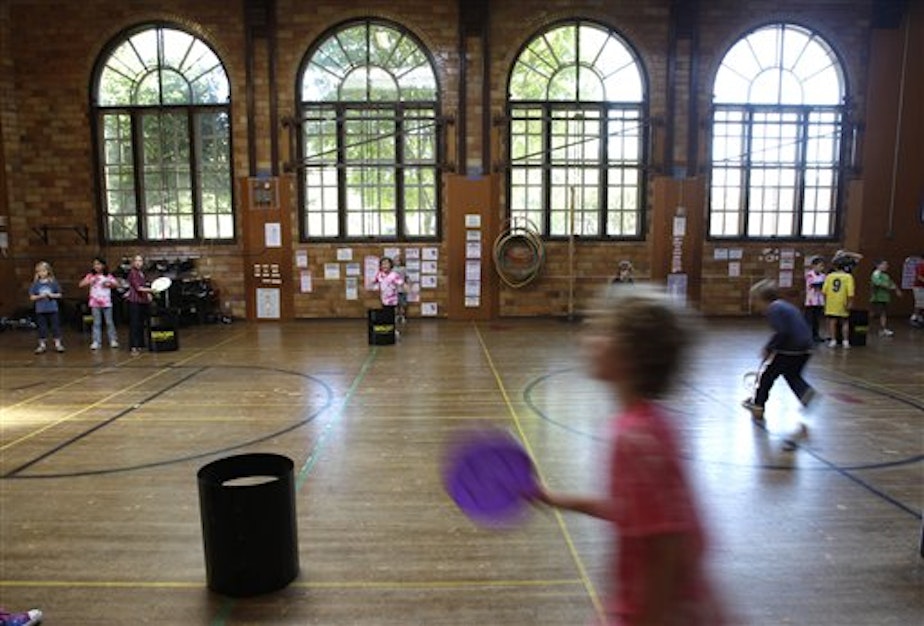Education advocates hope capital gains ruling helps WA schools

The Washington Supreme Court’s ruling last week to allow the state’s capital gains tax could bring a windfall for public education.
Over the next six years, the tax is expected to raise $2.5 billion of revenue, which has already been earmarked for public education from pre-K to college. The 7% tax applies to profits from sale of assets like stocks and bonds that are valued greater than $250,000 and is expected to impact only 7,000 Washington residents in the first year.
It comes as school districts across the state face declining enrollment, increased labor costs, and heightened student needs in the aftermath of Covid.
State Superintendent Chris Reykdal said he was cautiously optimistic about the ruling — especially since the share of the state’s budget dedicated to education has slipped backwards. He said the increased tax revenue doesn’t cause the Legislature to decrease the funds it directs to education in the general fund.
“This is a big step towards tax fairness and adequacy,” he said. “This will help education — not overnight — but it’s an opportunity to really help education in the long term.”
He added: “It’s a little bit of a wait-and-see.”
Sponsored
Larry Delaney, president of the Washington Education Association, agreed that the new funding created by the wealth tax won’t be an overnight fix for districts. Many will still have to make budget cuts.
But Delaney hopes the ruling eases the concerns of educators and families, who are more stressed than usual this school budget season.
“The budget concerns are real,” he said. “My hope is that this will help to alleviate some of those concerns.”
Delaney said he hopes any increases in state education funding will be put toward raising teacher pay, providing more mental health services for students, educators, and families.
Reydal said he hopes lawmakers will funnel more of the tax revenue into early childhood education. It’s a likely move: State Democrats originally passed the tax in 2021 with the intention of spending the funds on early childhood programs.
Sponsored
Research shows children who receive high-quality early education go onto be more successful in school — and into adulthood. And new data shows fewer preschool students across Washington are developmentally where they should be this year, in the wake of the pandemic, compared to 2019.
Reykdal said the state has worked hard to improve its early learning system, but Covid hammered child care providers. And they’re still reeling from the economic impact, he said.
“Everyone could benefit from this if they work together and we think about what is best for students and families in terms of early learning,” Reykdal said. “It helps the K-12 system. It means more high school grads. It means more college enrollments. It’s good for everyone.”




